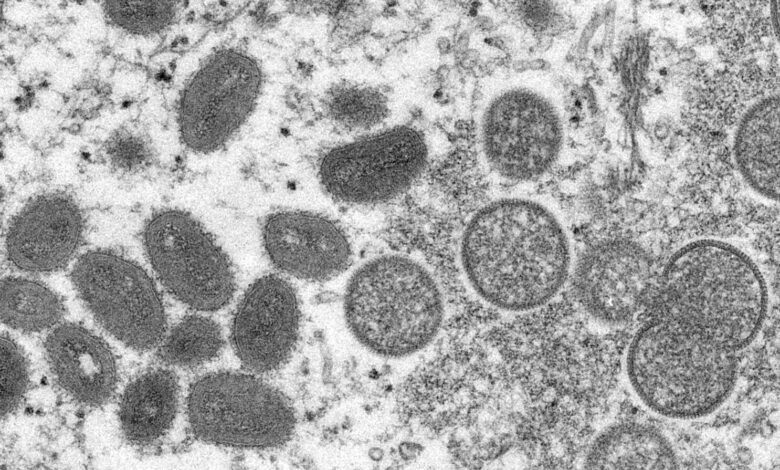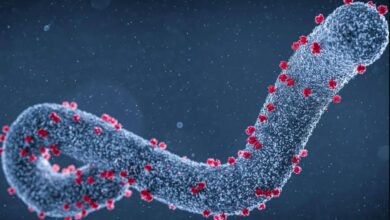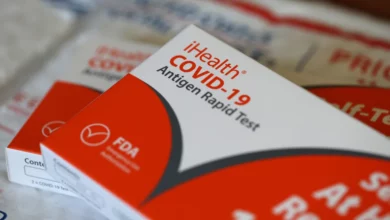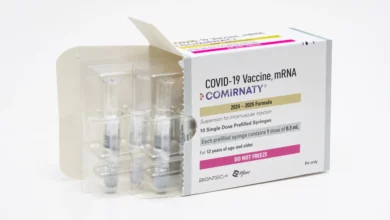
(CNN) – At first glance, the news all seems a bit too familiar.
A new virus outbreak is detected. It starts spreading around the globe, case by case, country by country. Health authorities launch into action, tracking infections and issuing guidance.
After a tortuous two years, it’s understandable that the spate of monkeypox cases is bringing back some bad memories of early 2020, when the world first became aware of Covid-19.
But health experts have been clear since the first cases came about: While the public should be aware of the monkeypox outbreak, the two diseases are very different, and there isn’t the same cause for alarm as there was two years ago.
“This is not Covid,” Dr. Jennifer McQuiston, a veterinarian and deputy director of the CDC’s Division of High Consequence Pathogens and Pathology, said in a statement last week.
US President Joe Biden has also sought to de-link the two diseases in the minds of the public. “I just don’t think it rises to the level of the kind of concern that existed with Covid-19,” Biden told reporters on a recent trip to Tokyo. It was a sharp turn from comments he made the day before, when he said “everybody should be concerned.”
Of course, several leaders tried to calm citizens when Covid-19 was first emerging, only for that virus to spiral into a once-in-a-generation pandemic.
So how, exactly, is monkeypox different to Covid — and why are experts so far more relaxed about this outbreak?
Most importantly, monkeypox is not spread as easily as Covid-19. “Respiratory spread is not the predominant worry” with monkeypox, McQuiston said. It’s only passed between humans if there is very close contact with an infected person — such as sharing clothing or bedding, or through saliva — according to the World Health Organization (WHO).
The symptoms of monkeypox, in particular the rash that usually appears on a person’s body, are also more detectable than Covid-19 symptoms. And asymptomatic spread — which complicated early efforts to contain Covid — has not been documented in monkeypox, according to a 2020 study.
“Monkeypox can be a serious infection,” particularly in lower-income countries where tracking and treatments are not readily available, Michael Head, senior research fellow in global health at the University of Southampton in the UK, told CNN last week. There are no reported deaths from the current outbreak.
However, in the developed world, “it would be very unusual to see anything more than a handful of cases in any outbreak, and we won’t be seeing (Covid)-style levels of transmission,” Head said.
But perhaps most importantly of all, monkeypox is not a new disease. Smallpox vaccines can be used to tackle the virus, there is a wealth of scientific research into how the illness acts, and it doesn’t mutate as rapidly as Covid-19 has.
So if headlines about monkeypox transport your mind back to March 2020, it’s worth taking a beat.
“This is a virus we understand: we have vaccines against it, we have treatments against it, and it’s spread very differently than SARS-Cov-2 — it’s not as contagious as Covid — so I am confident we’re going to be able to keep our arms around it,” White House Covid-19 Response Coordinator Dr. Ashish Jha told ABC’s Martha Raddatz Sunday.




